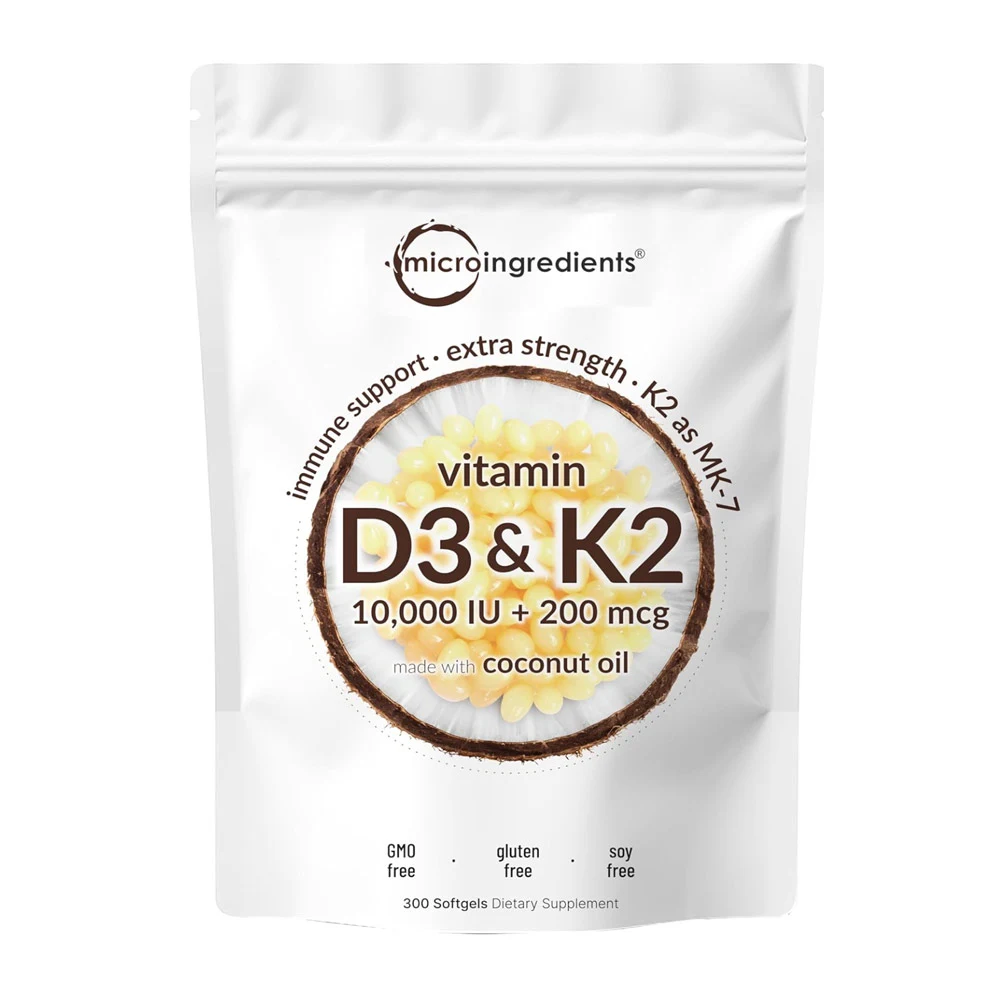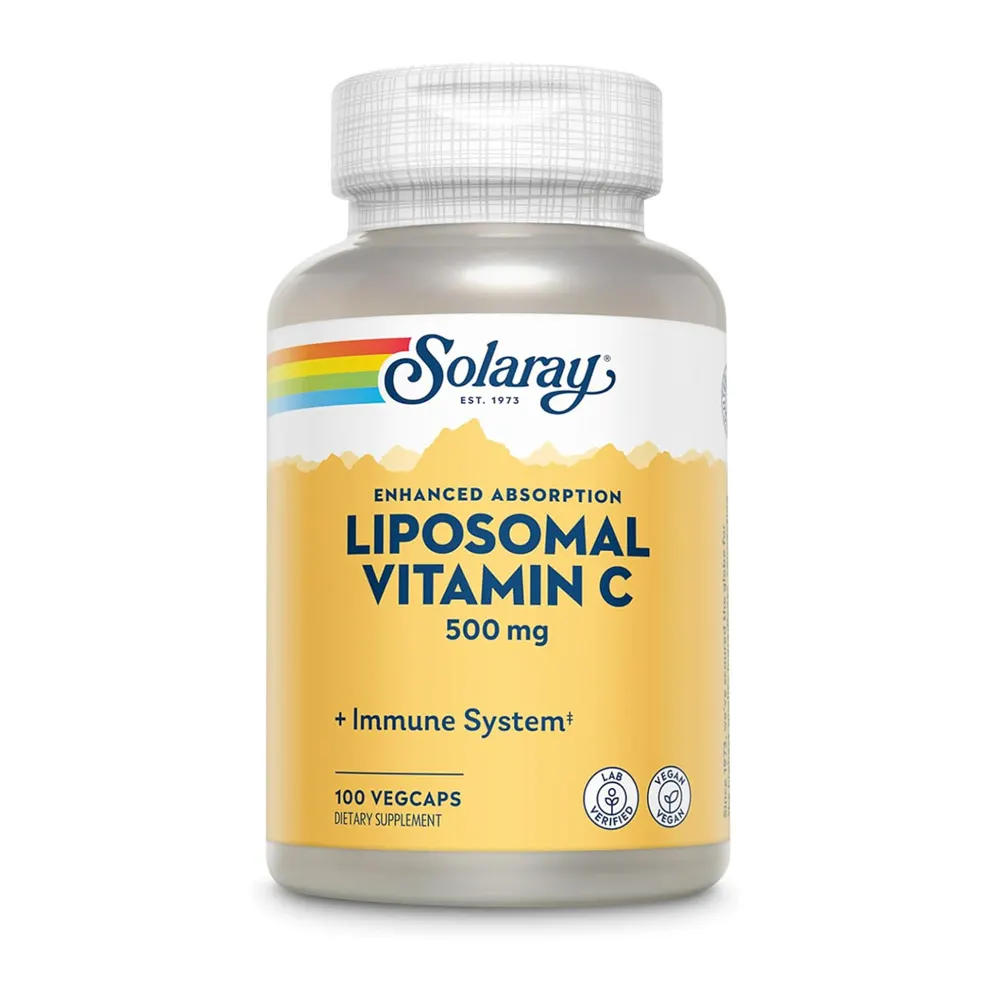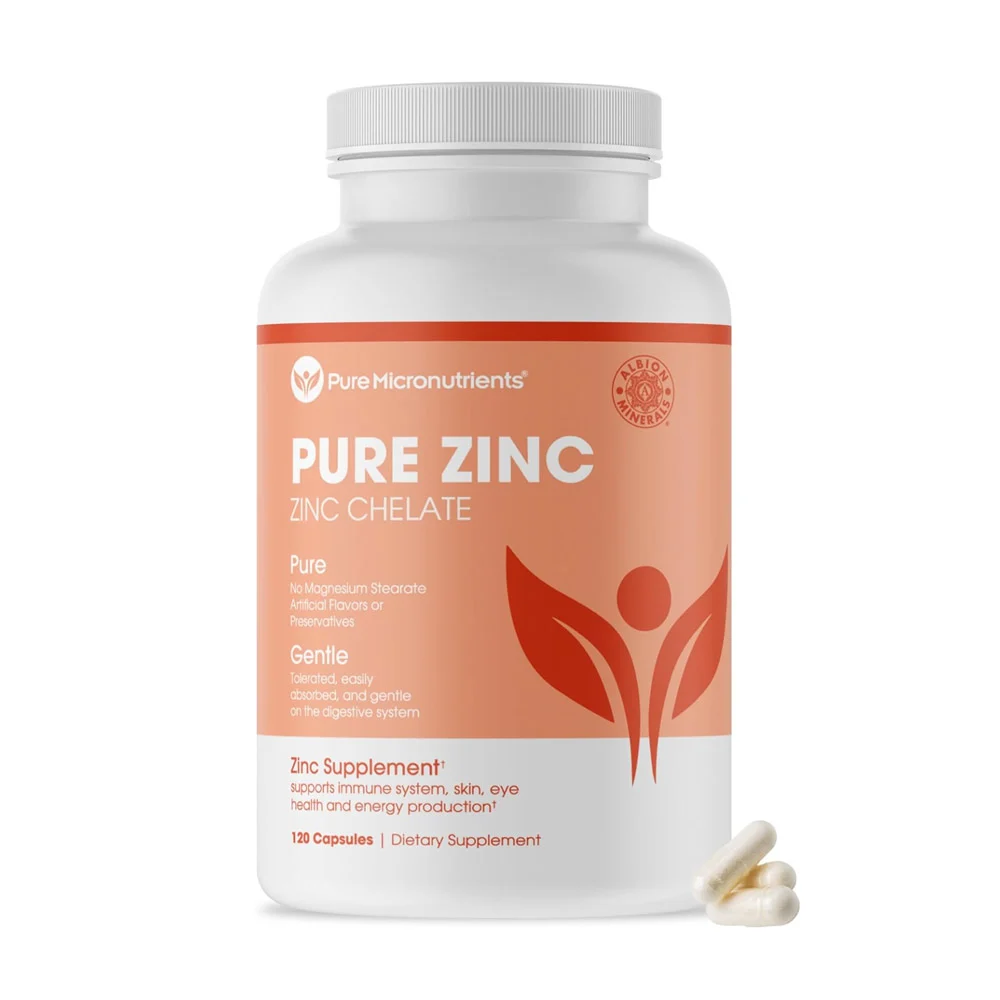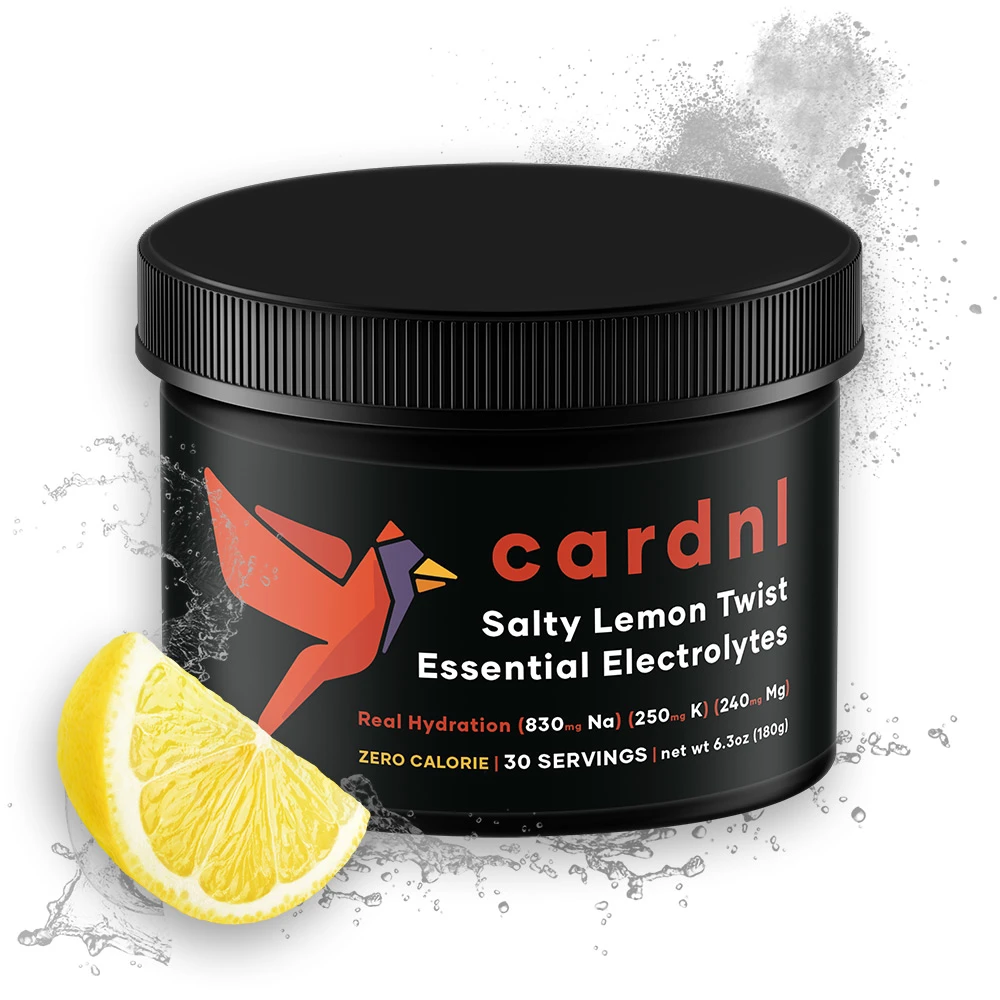Winter can take a toll on your health, leaving you more susceptible to colds, fatigue, and stress. Supporting your body with the right supplements can help you stay strong, energized, and resilient during the colder months. Below are essential supplements to prioritize this winter, along with their key benefits.

- Vitamin D3 and K2: Plays a vital role in regulating the immune system by enhancing the function of immune cells like T-cells and macrophages, which help fight infections. K2 works alongside D3 to support proper calcium utilization, which is critical for maintaining overall immune system efficiency.
- Vitamin C: Acts as a powerful antioxidant that protects immune cells from oxidative stress, supports the production of white blood cells, and enhances the body’s ability to fend off colds and flu.
- Zinc: Strengthens immune cell function, particularly T-cells and natural killer cells, which are essential for fighting infections. Zinc also reduces the duration and severity of illnesses by supporting the repair and regeneration of immune tissues.
- Magnesium Malate: Supports immune health by assisting in energy production needed for immune cell activity. It also acts as a cofactor for Vitamin D activation, ensuring the body can utilize Vitamin D effectively to regulate immune responses.
What is a Cofactor?
A cofactor is a helper substance that supports enzymes in doing their job. Magnesium, for example, helps activate Vitamin D so the body can use it for bone health, calcium absorption, and immune support. Without enough magnesium, Vitamin D can’t work as effectively.
Timing and Dosage
To get the most out of your winter supplements, timing and method of intake are important. Properly spacing your doses and pairing them with meals or specific conditions can enhance absorption and reduce potential side effects. Below is a guide on how and when to take key supplements to maximize their benefits for your immune system, energy, and overall health during the colder months.
- Vitamin D3 and K2: Take once daily with your largest meal, preferably during lunch or dinner, as the presence of dietary fats enhances absorption.
- Vitamin C: Divide the total daily dose into two parts: take one half in the morning with breakfast and the other half in the evening with dinner. This approach maintains steady vitamin C levels and minimizes gastrointestinal discomfort.
- Zinc: Consume on an empty stomach, either 30 minutes before a meal or 2 hours after eating, to optimize absorption. If gastrointestinal discomfort occurs, take zinc with a small snack but avoid dairy, as calcium can interfere with absorption.
- Magnesium Malate: Magnesium can be taken with or without meals. Split the total daily dose into two or three portions to maintain consistent levels throughout the day.
My Supplement Recommendations
Highly Potent Formula: Each softgel provides 10,000 IU of Vitamin D3 (cholecalciferol) and 200 mcg of Vitamin K2 (MK7) for optimal calcium absorption and immune support.
Enhanced Absorption: Infused with MCT coconut oil, a healthy fat that maximizes the bioavailability of these fat-soluble vitamins.
Clean and Safe: Non-GMO, free from soy, dairy, gluten, and preservatives, with 3rd party lab testing to ensure purity and potency.
Enhanced Absorption: Solaray Liposomal Vitamin C provides 500mg of Vitamin C with fatty acids, shown to be 35% more absorbable than standard forms.
Immune and Antioxidant Support: Designed to bolster immune function and support the body’s antioxidant defenses, especially during colder months.
Liposomal Formula: Combines Vitamin C with liposomes for better bioavailability and optimal assimilation by the body.
Peak Immune Support: Formulated with highly absorbable Zinc Bisglycinate, this advanced chelate delivers fast-acting results to boost immune response, neutralize free radicals, and support long-term immune health.
Skin, Hair, and Growth Benefits: Zinc promotes DNA synthesis and cell division, essential for tissue repair, healthy growth, clear skin, and strong hair and eyes.
Gentle and Digestive-Friendly: Designed to break down in the small intestine, this gentle form of zinc minimizes digestive discomfort, making it ideal for sensitive stomachs.
Optimized Electrolyte Balance: Delivers 830mg sodium, 250mg potassium, and 240mg magnesium per serving to support hydration, muscle function, and energy during workouts or busy days.
Salty Lemon Flavor: A refreshing twist that combines a perfectly balanced salty and zesty lemon taste, making it a standout alternative to overly sweet sports drinks.
Zero Sugar & Clean Ingredients: With zero sugar, calories, or carbs, this keto- and paleo-friendly formula is crafted with Redmond Real Salt, Magnesium Malate, and natural Reb M Stevia for maximum efficacy and taste.
Natural Sources
While natural foods are the best source of essential nutrients, winter can make it challenging to meet your body’s needs. Limited sunlight reduces your Vitamin D levels, and seasonal changes can impact access to fresh produce rich in Vitamin C, magnesium, and zinc. Even with a nutrient-dense diet, supplements can help fill these gaps, ensuring your immune system, energy levels, and overall health stay strong during colder months.
Vitamin D3 and K2
- Fatty Fish (Salmon, Mackerel, Sardines): The richest natural source of Vitamin D, packed with healthy omega-3s that further support heart and brain health.
- Egg Yolks: A versatile and accessible source of both Vitamin D and K2, especially when sourced from pasture-raised chickens.
Vitamin C
- Citrus Fruits (Oranges, Lemons, Grapefruit): Top sources for Vitamin C, easy to incorporate into daily meals or snacks.
- Bell Peppers: Red bell peppers, in particular, contain even more Vitamin C per gram than most citrus fruits.
Zinc
- Shellfish (Oysters, Crab, Lobster): Oysters are by far the richest source of zinc, delivering significant amounts in even small servings.
- Red Meat (Beef, Lamb): A hearty source of zinc, especially when grass-fed, which adds other nutritional benefits.
Magnesium Malate
- Leafy Greens (Spinach, Kale, Swiss Chard): The most concentrated natural sources of magnesium, providing energy and muscle support. Incorporate them raw in salads or cooked in meals for optimal intake.
- Avocado: A nutrient powerhouse, avocado offers magnesium along with healthy fats, making it ideal for energy and overall health.
Frequently Asked Questions
Can I take all these supplements together?
Yes, but take zinc and magnesium separately if possible, as they can compete for absorption. Split dosing throughout the day is ideal.
Do I need to consult a doctor before starting these supplements?
If you have existing health conditions or take medications, consult your healthcare provider to avoid interactions or overdosing.
What happens if I skip a dose?
Missing a dose occasionally isn’t harmful. Resume your regular schedule the next day without doubling up.
Are there any side effects?
Common side effects include mild stomach upset or nausea, usually avoidable by taking supplements with meals.
How can I tell if I’m deficient in these nutrients?
Look for common signs: fatigue, frequent colds (Vitamin D, Vitamin C, Zinc), muscle cramps, or poor sleep (Magnesium). Blood tests can confirm deficiencies.
Can I rely solely on food for these nutrients?
While food is a great source, achieving optimal levels during winter may be difficult due to limited sunlight (Vitamin D) or dietary constraints.
Are natural sources better than supplements?
Natural sources provide additional nutrients and fiber, but supplements ensure you meet recommended levels, especially during winter.
How long should I take these supplements?
These are ideal for consistent use during winter but can be adjusted based on your lifestyle and nutrient levels.
Pin it






Jerry Hgaler
Tuesday 7th of January 2025
Really enjoy and benefit from all your posts and work Rob! Thank you!! My current source of magnesium is from mag carbonate powder in warm water. How does that compare to mag malate?
Rob Benson
Tuesday 4th of February 2025
Thank you!
Magnesium carbonate and magnesium malate differ in absorption and benefits. Magnesium carbonate needs stomach acid to convert into a usable form and can help with digestion, but it may cause loose stools. Magnesium malate absorbs more easily and supports energy and muscle recovery, making it a good choice for fatigue or muscle pain.
https://www.cardnl.com/products/zero-sugar-electrolytes